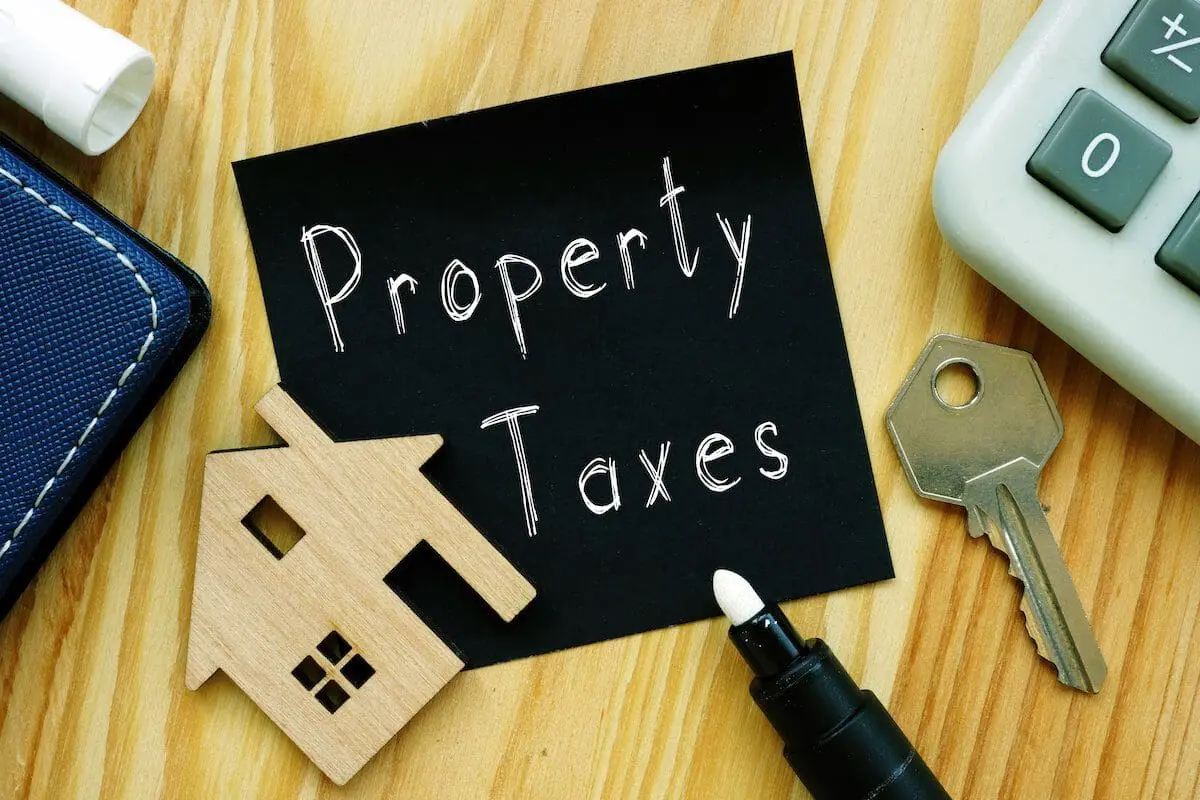Hood County officials voted 3-1 to keep spending in check and spare residents from a property tax increase.
During a meeting on Tuesday, Hood County Commissioners Court members approved a budget based on the taxpayer-friendly no-new-revenue rate.
The NNR rate raises the same amount as the properties taxed the previous year, offsetting rising property values and keeping tax bills flat in the aggregate.
Any rate above the NNR rate is a tax increase.
Hood County’s auditor calculated that the average homeowner’s county tax bill will decrease by about $38.
The county will still collect more money than last year, as additional revenue comes from new properties added to the tax rolls.
Commissioners Kevin Andrews, Dave Eagle, and Nannette Samuelson voted in favor of the no-new-revenue rate, while Hood County Judge Ron Massingill opposed giving taxpayers a break. Commissioner Jack Wilson was not present.
Judge Massingill argued for a “modest” 5.7 percent tax rate increase that he said would cost the average homeowner about $12 and add $1.4 million to the county’s fund balance.
“Really, is anybody going to really know that?” asked Massingill. “That’s kind of a small price to pay to have some extra money, not knowing really what’s going to happen… in November.”
Massingill’s motion did not receive a second.
Commissioner Nannette Samuelson noted that the county has a fund balance well above the amount required by policy.
“We have an opportunity to give that money back to the taxpayers,” she said. “We shouldn’t be holding on to that money just for the purpose of holding on to it.”
Samuelson moved to adopt the no-new-revenue rate, which the county had used as the basis for the Fiscal Year 2025 budget.
Commissioner Dave Eagle seconded the motion, with a “proviso.”
“I would like to see us go even lower than that, but I can live with the no-new-revenue rate,” he said.
Eagle noted that commissioners had recently admonished the Hood County Appraisal District for overfunding themselves and then having money left over in a fund balance.
“I think the prudent thing to do right now is keep it down as low as we can,” said Eagle. “I think we need to give taxpayers every break we can.”
After adopting the tax rate, the court voted 4-0 to approve the proposed county budget based on the NNR rate.
Other Texas counties have also adopted tax rates at or below the NNR rate.
Galveston County Commissioners Court passed a budget for FY 2025 based on a property tax rate below the NNR rate.
According to Galveston County Judge Mark Henry, this is the 14th year in a row the county has lowered property taxes.
“We believe in putting taxpayers’ hard-earned dollars back in their pockets and not finding new ways to spend it,” Henry stated on social media.
Tarrant County approved a property tax rate below the NNR rate for the second year.
“The Tarrant County Commissioners Court has voted to cut property taxes again,” Tarrant County Judge Tim O’Hare posted to social media. “Adding in the full 20% Homestead exemptions approved earlier this summer, more tax property tax relief is on the way for Tarrant County.”
Lubbock County’s property tax rate defaulted to the no-new-revenue rate after two commissioners used taxpayer protection in state law that requires a four-member quorum to approve a tax levy.
Commissioners Jason Corey and Jordan Rackler intentionally missed three meetings, blocking votes on a tax hike supported by Lubbock County Judge Curtis Parrish and the other two commissioners.
“It’s still more money,” said Rackler. “We’re not going to cut anything; we’ll add less stuff to the budget.”
Texas truth-in-taxation laws require most local taxing entities to adopt a tax rate by September 30.





